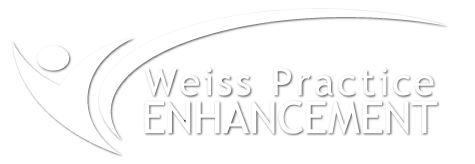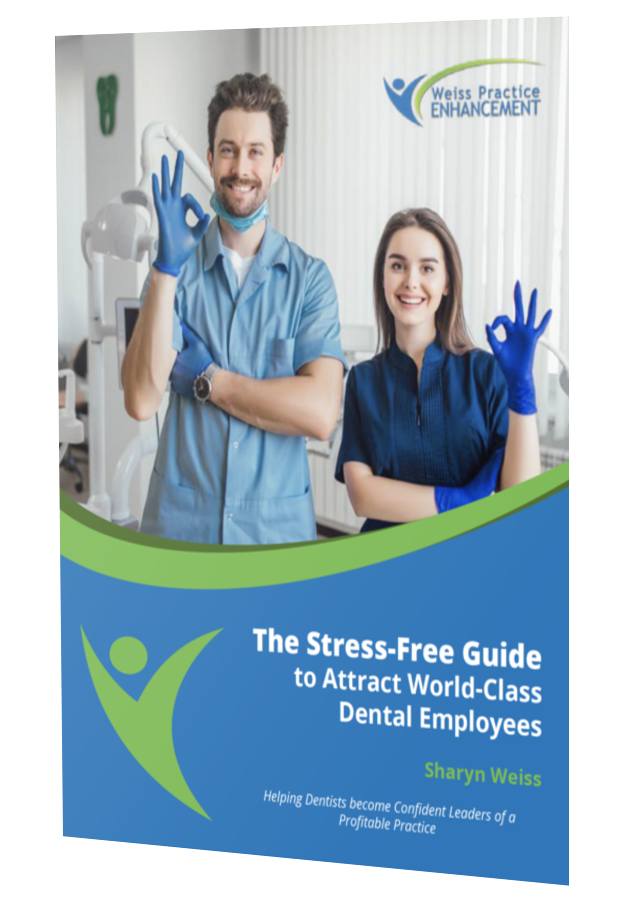You may think your beliefs and attitudes don’t affect your hiring decisions. You may think that given the dearth of good employees, who you end up hiring has more to do with luck and availability then your own mindset. But if you believe this, you will be dead wrong. In this article we will explore what it means to have a growth mindset versus a fixed mindset and why this matters when you embark on the hiring process. I also share some interviewing questions to reveal the mindset of your next potential employee.
Growth Versus Fixed Mindsets
In 2006, Stanford psychologist, Carol Dweck published a book appropriately called Mindset. She observed that managers and employees adopt one of two mentalities: growth or fixed.
The Fixed Mindset
Those with a fixed mindset believe that either you have a talent or capability to do something or you don’t, because talent is “fixed” or inherent in the person. On the upside, when you believe you are naturally talented at something, you can excel. On the downside, once you attribute your competency to ingrained talent, you may have little incentive to learn something new or take a risk. Folks with a fixed mindset stay within the lanes of what they know and what they’re good at.
Dentists with a fixed mindset hire people who have already demonstrated a natural talent for the position as based on their past experiences. On the surface, this seems totally logical. You want to hire people who have demonstrated they can do the job. The downside is that you are looking only for proof instead of capacity. In a tight hiring market, you may discount candidates who can learn and grow into the job.
Let’s contrast this with a growth mindset.
The Growth Mindset
Employees with a growth mindset are more likely to be innovative, collaborative, and committed to learning and growing. Because they are hungry to achieve, they seek out opportunities to improve and are more open to learning and taking risks. And dentists with this mindset look for candidates who have the potential and interest in growing even without direct experience.
Let’s Pick on Hygienists
You may have seen this dynamic play out with hygienists. A highly skilled and competent hygienist with a fixed mindset, probably won’t embrace your attempts to innovate or reform. For her, being competent at what she currently does is good enough and she will not want to risk that expertise to try something new.
On the other hand, a hygienist with a growth mindset may enjoy the challenge of learning something new, and because she believes she has the capacity to learn she is open rather than defensive.
Optimism and Pessimism
It seems to me that growth and fixed mindsets also correlate to optimism and pessimism.
Optimistic people (growth mindset) perceive obstacles as challenges they can overcome. Because they don’t see problems as coming from personal failure, they are more resilient. They may say to themselves, “I can figure this out.”
Pessimists tend to blame themselves and others for problems. They may say to themselves, “I won’t be able to handle this.” A fixed mindset hygienist will rail against changed circumstances because she doesn’t believe she has the capacity to adapt.
Interview Questions to Reveal the Candidate’s Mindset
There is considerable wisdom in hiring folks who demonstrate they can do the job. But you also want to employ people who may not have direct experience but who embrace learning and growth and who are willing to try new things. Therefore, your interview questions should focus on learning two things about the candidate: their level of curiosity and their approach to dealing with setbacks.
Following are questions that can reveal those qualities:
How would you describe your learning style? How would you go about learning our ways of doing things?
What helps you bounce back when things don’t go your way?
How would your former (current) co-workers describe you when you’re under stress?
Who or what inspires you?
Describe tough or difficult feedback have you received. How did you respond?
Growth Mindset and A Learning Organization
In my article, Make Your Practice a Learning Organization we reviewed the benefits of creating a learning organization. Learning organizations, where personal and professional growth is rewarded, are correlated with all sorts of positive benefits including increased profitability, lower employee turnover and higher employee satisfaction. An article in the Harvard Business Review (4 Ways to Create a Learning Culture on Your Team, Tomas Chamorro-Premuzic and Josh Bersin, 2018) highlights the importance of hiring folks who have a growth mindset:
“If you hire people who are naturally curious, and maximize the fit between their interests and the role they are in, you will not have to worry so much about their willingness to learn or be on their case to unlock their curiosity.”
As I mentioned in my last article, hiring folks with the right mindset is only one part of the equation. The next part is creating a practice environment where these employees will thrive. And creating that kind of culture, is where our consulting and training becomes essential.



